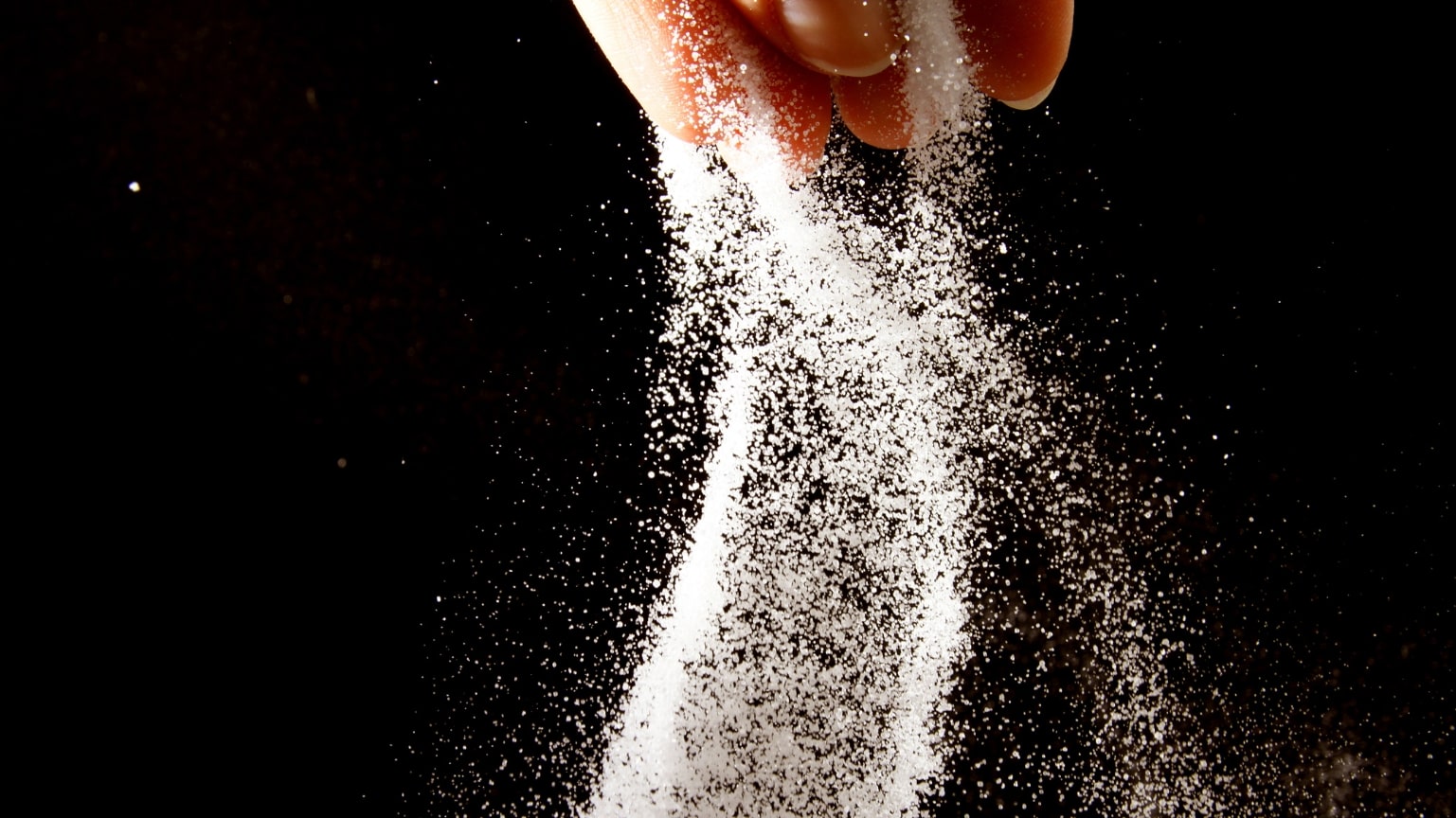Salt, the humble seasoning found in nearly every kitchen worldwide, is often considered a timeless pantry staple. But have you ever wondered if salt can expire? In this in-depth article, we’ll dive into the science of salt, its shelf life, and how to store it properly to ensure it remains safe and flavorful for years to come.
Understanding Salt

Salt, scientifically known as sodium chloride (NaCl), is a mineral that has been used for thousands of years to flavour and preserve food. It’s essential for our bodies, playing a crucial role in various physiological processes. While salt itself doesn’t spoil or decay, there are important factors to consider when discussing its shelf life.
Does Salt Expire?
Technically, salt does not have an expiration date, and it doesn’t go bad in the same way that perishable foods do. Salt is a natural preservative, and its primary function is to inhibit the growth of bacteria and other microorganisms in food. In this sense, salt is one of the original methods of food preservation, helping civilizations preserve meats, fish, and vegetables for extended periods.
Types of Salt and Their Expiry Dates
It’s important to note that there are different types of salt, and their shelf lives can vary:
- Table Salt: This finely ground salt is the most common type and has an indefinite shelf life when stored properly. It usually contains anti-caking agents to prevent clumping.
- Kosher Salt: Kosher salt is less dense than table salt and may contain additives. It also has a long shelf life.
- Sea Salt: Sea salt is harvested from evaporated seawater and contains various minerals. Like other salts, it doesn’t expire.
- Himalayan Pink Salt: Mined from salt caves in the Himalayas, this salt can last indefinitely when stored correctly.
- Flavored or Seasoned Salts: These may contain additional ingredients like herbs or spices, which can affect their shelf life. Check the label for guidance.
Factors Affecting Salt’s Shelf Life
While salt itself doesn’t spoil, there are factors that can impact its quality over time:
- Moisture: Salt can absorb moisture from the environment, causing it to clump. Clumped salt is still safe to use but may require breaking up.
- Contamination: Avoid introducing contaminants, such as food particles or moisture, into your salt container. Use clean utensils when handling salt.
- Additives: Some salts contain anti-caking agents or iodine. While these additives extend shelf life, they may affect flavour or texture over time.
How Do You Tell If Salt Has Gone Bad?
Salt, as a mineral, does not truly “go bad” or spoil in the way that perishable foods do. However, it can undergo some changes that may affect its quality or convenience of use. One common issue is clumping, where salt absorbs moisture from the environment and forms hard lumps. While clumped salt remains safe to consume, it may require breaking up before use. Another consideration is off odours or flavours. If salt has been exposed to strong-smelling substances or contaminants, it might develop unusual tastes or smells, in which case it’s best to replace it.
Additionally, some salts can undergo discolouration over time, but minor changes in colour, like those seen in Himalayan pink salt, are typically harmless. Nevertheless, significant discolouration or the presence of foreign substances should lead to the replacement of the salt.
How to Store Salt Properly?
To ensure your salt remains in top condition, follow these storage guidelines:
- Keep It Dry: Store salt in an airtight container in a cool, dry place. Consider adding rice grains to the container to absorb moisture and prevent clumping.
- Avoid Direct Sunlight: Protect your salt from direct sunlight, as UV rays can affect its quality.
- Use Clean Utensils: Always use clean, dry utensils when scooping salt from the container to prevent contamination.
Conclusion
In summary, salt is a timeless pantry essential that does not have a true expiration date. When stored properly, it can last indefinitely without losing its effectiveness or safety. Whether you prefer common table salt, kosher salt, sea salt, or exotic Himalayan pink salt, understanding how to store and maintain salt is key to ensuring it remains a reliable ingredient in your culinary adventures. So, the next time you reach for that trusty salt shaker, you can do so with confidence, knowing that salt truly stands the test of time.
